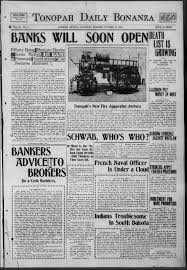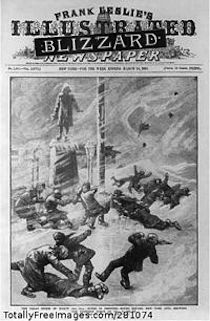From out of the darkness the poor creature practically hurled itself at the family as they got out of their car in the garage -- mewing frantically and craving attention. He wore no collar and no veterinarian was going to open his office on a Saturday night just to try to locate an identifying microchip on a stray cat.
So they cut up some leftover chicken and put it in a dish on the garage floor along with a little bowl of water, placed some old towels on a chair for a bed, and invited the cat to stay the night, safe from the coyotes that howled from the adjacent farm field and woods, while leaving the garage door open enough so that he could leave.
In the morning the cat was still there -- handsome and friendly if hungry again. There was more leftover chicken. He ate and went outside and returned hours later, whereupon the search for his owner began, with posters and an advertisement in the newspaper.
Meanwhile, with the installation of a makeshift litter box and the purchase of cat food, the cat settled into the house, exploring, showing off his jumping skills, nuzzling for attention, closing his eyes and purring when petted, hopping onto a lap to curl up and fall asleep, mewing again for his breakfast and dinner and for going outside in the morning, and disappearing for hours but always returning, if sometimes not until after nightfall.
Dad, who had for cats only the libertarian indifference for which they themselves are renowned, was smitten by the affection this one bestowed constantly and so doted on him and carefully combed through his fur for ticks upon each return from the wild.
While allergic to cats, Mom found him adorable and tolerated his run of the house, thinking it would be temporary -- that if his owner wasn't found soon, a good home would be arranged for him elsewhere.
Daughter loved him and picked him up and moved him as necessary to keep him out of trouble.
The cat hated being confined but loved perching on a chair in the sun room to survey a wide area before napping. Eventually he spent his nights on a down comforter on the bed in a guest room, having carefully ascertained the softest spot in the house.
Figuring that if he was going to be part of the family, the cat had to be worried about like everyone else, Dad repeatedly went outside in the evening to call for him to come home, but the cat came home only when he wanted to. When they took him to a veterinarian, no microchip was found, so they got him a rabies vaccination and an identification tag, which they affixed to a collar he wore only resentfully. A day later he trotted home jauntily without it.
The adoption campaign supervised by Dad's colleague at the office, a cat lover and kind and patient soul, was picking up speed when Dad started hoping that it would fail and that the cat somehow could be kept despite Mom's allergy.
But after a little more than a week the call came. The cat's owner had been alerted by a poster and identified the cat perfectly and was only a half mile away. So the family put him in the car and delivered him.
The cat didn't seem thrilled to be home and his owner didn't seem thrilled to have him back either, and while Dad knew this was still the right ending, he was heartbroken.
After all, he hadn't gotten even a kiss goodbye. Had all that nuzzling and purring been sincere or was it all merely a cynical act?
Just in case, Dad has been keeping the deck light on at night.
Chris Powell is managing editor of the Journal Inquirer, in Manchester, Conn.
















